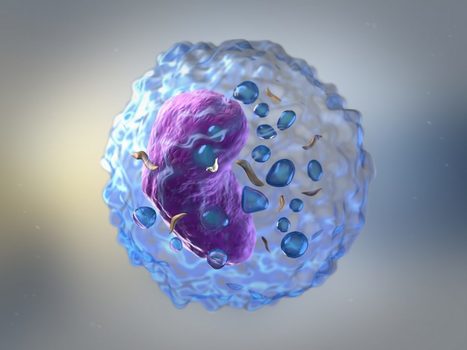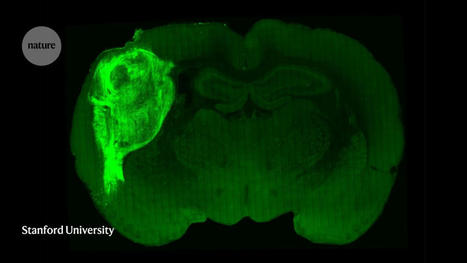During tumorigenesis, tumors must evolve to evade the immune system and do so by disrupting the genes involved in antigen processing and presentation or up-regulating inhibitory immune checkpoint

|
Scooped by
BigField GEG Tech
onto Animal Models - GEG Tech top picks September 30, 2021 5:24 AM
|





 Your new post is loading...
Your new post is loading...






























Tumor suppressor genes block cell growth, preventing cancer cells from spreading. Scientists believe that mutations in these genes allow tumors to flourish unchecked. Now, Howard Hughes Medical Institute researcher Stephen Elledge's team has discovered a surprising new action for many of these faulty genes. Elledge had a hunch that defective tumor suppressor genes were doing something more than speeding up tumor cell growth. From a list of 7,500 genes, her team used CRISPR to engineer thousands of tumor cells. Each was missing a functional version of one of these genes. The researchers placed the cells in two types of mice: those with an immune system and those without. Then the team studied the tumors that developed. Elledge's method revealed the many different genes that tumors can mutate to evade the body's defenses. To explore the possible mechanisms triggered by the mutations, the researchers focused on a gene called GNA13. The gene's mutation protects cancer cells from the immune system's T cells, creating a safe space for the tumor to grow.
According to the study, more than 100 mutated tumor suppressor genes can prevent the immune system from identifying and destroying malignant cells in mice.